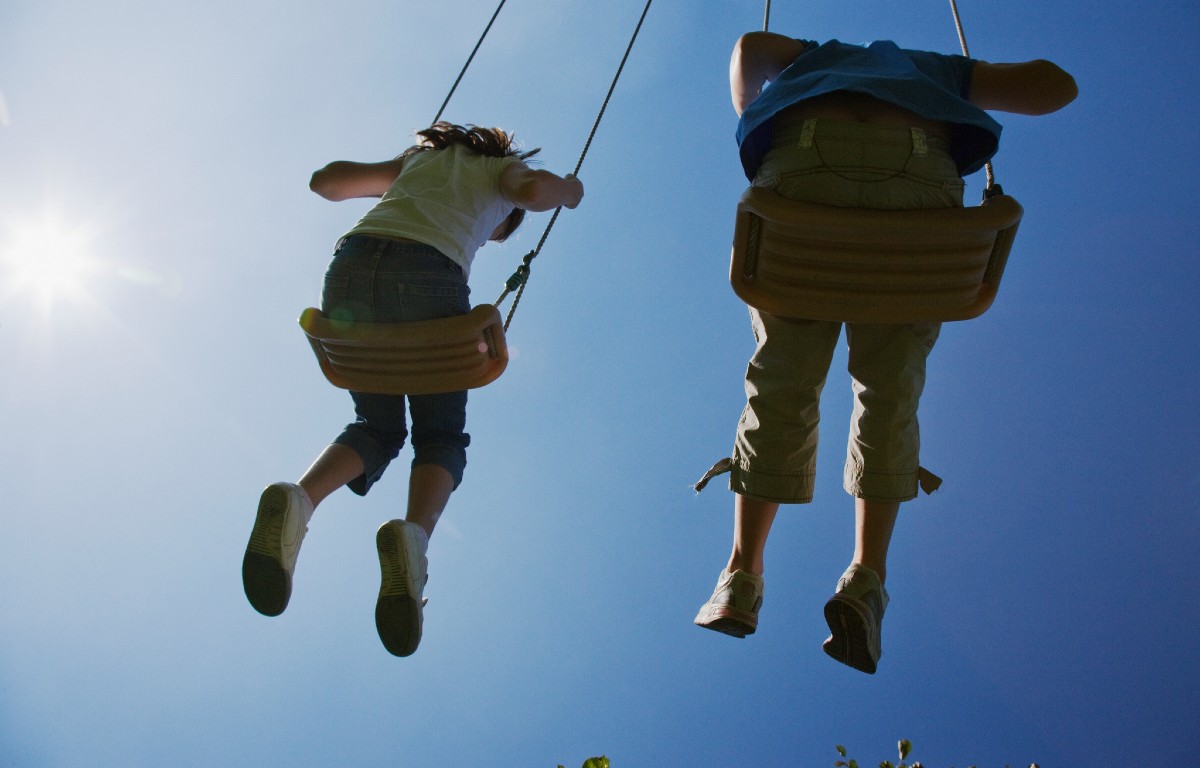
EDITORS’ NOTE: This post first appeared in Bronx Voice.
“Nothing about us, without us.” In Spanish we would say, “Nada sobre nosotros, sin nosotros.”
No matter the language, the meaning of this powerful statement remains the same. Originating centuries ago, and later recognized as the mantra of the disability rights movement, it speaks to the core premise that nothing should be created for a group without the participation of the individual(s) it directly affects.
April rings in Autism Acceptance Month, a time during which the Autism Society of America encourages us to celebrate differences, in the spirit of believing that “acceptance is creating a world where everyone in the Autism community is connected to the support they need, when they need it.”
At the Rose F. Kennedy Children’s Evaluation and Rehabilitation Center at Children’s Hospital at Montefiore I am a Developmental-Behavioral Pediatrician, and one aspect of my work includes evaluating and diagnosing children whose families have concerns about autism and other developmental disabilities. When a family says of their 3 ½ year old “I’m worried she’s not speaking yet,” I actively listen while simultaneously observing the child. I often ask, “What does she enjoy or get excited about?” and “What do you think she needs more help with? With my patients who communicate verbally, I ask them to reflect on these questions as well. I love learning that my patients are amazing visual artists, dancers, storytellers, and athletes. Though they may benefit from additional help in speaking, writing, buttoning a shirt, tying a shoelace, or even with making friends, I communicate that I accept and appreciate these differences. What our patients and their families say to us and what we say back to them matters.
Another aspect of my work at The Rose F. Kennedy Center focuses on training the next generation of medical providers who will, one day, provide medical care for these children. Each year, future pediatricians, neurologists, internists, psychiatrists, physiatrists, dentists, and family medicine physicians, who care deeply about connecting with the Autism community, participate in our training initiatives. We invite families and patients to speak about their unique perspectives on what Autism means to them, their experiences navigating complex medical care systems, and ways that providers can enhance their skills to promote respectful communication. Through listening and engaging in rich dialogue, grounded in powerful and inspirational stories, our students naturally transform into allies of the Autism community, well poised to help individuals access the supports and services they need, throughout their careers.
Ms. Vanessa Gonzalez, a mother of two children who are on the Autism spectrum, recently shared the following with our students during a reflection about taking a trip to the playground with her daughter:
“Children who have never met, ask each other to play. Each one understanding the rules of the game. Each one laughing, screaming, oblivious to the others left behind. Away from the commotion of the children playing, is mine. Sitting alone, near the gate, sidewalk chalk in hand making the same repetitive design. I catch her glancing at the kids, sometimes she tries to offer a child some chalk, but alone she sits, while the world around her goes. And just like her, I sit alone in the bench watching everything from afar. I can’t partake in the conversations of the parents, besides having children we have no other factors in common. Finally, a swing has become available I push her higher and higher as she commands. She introduces herself to the girl on her right. They exchange names, but when the girl asks her age, she looks at me asking “what is her number.”
I remind her how old she is, but by then the girl has realized there is something different with her. When the girl leaves, again I find that we are alone. I sit next to her on the available swing, we swing in rhythm and even though the motion makes my stomach uneasy, I go higher and higher, so she knows she is not alone.”
I genuinely believe we have only scratched the surface in acting towards supporting active and meaningful inclusion of the Autism community across all facets of our daily lives. Whether it is making a new friend at the playground or inviting the parent of an Autistic child to join you in planning a community event, the possibilities are endless.
In the spirit of this month and every month going forward, please join me as an ally for Autistic children and their families. I would love them to know that in all we do, everything about you is always with you.

